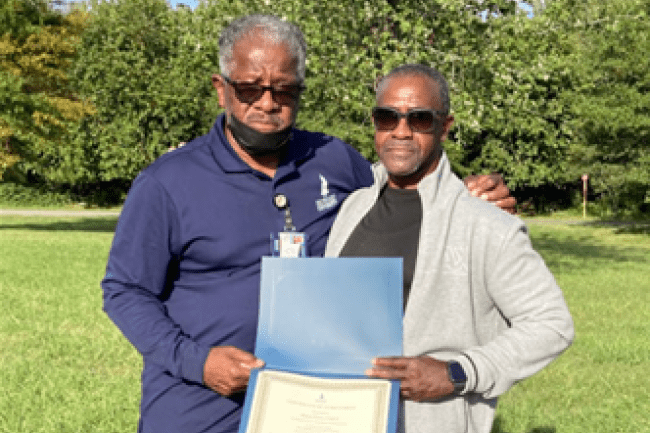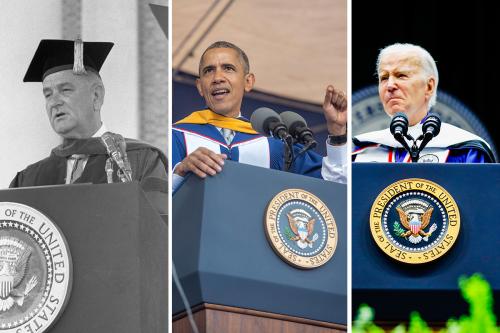WASHINGTON – The Howard University Urban Health Initiative will host the Second Annual Peers Reaching Out To Peers Summit, known as PROPS, which focuses on the opioid crisis. The event will be held in the first-floor auditorium of the Numa PG Adams Building, 520 W Street, NW, on Saturday, October 8, from 2-5 p.m.
The Peers Reaching Out To Peers Summit is a local forum that brings together metro-area peer recovery specialists, peer coaches, healthcare leaders, clergy, and clinicians who fight on the front lines to provide medical and other social services to address the opioid epidemic. COVID-19 practices will be in effect. Click here for mandatory registration.
“This year’s Peer Summit will recognize clinicians and allies in the field, such as leaders of local organizations and clergy members, while also reinvigorating the call to action to confront the opioid crisis in the city,” said Mark S. Johnson, M.D., MPH, professor and chairman of the Howard University Department of Community and Family Medicine which houses the Urban Health Initiative.
The summit’s keynote speaker is Howard alumnus Edwin Chapman, M.D. For the past 20 years, Chapman has investigated the complex mix of addiction, undertreated mental illness, and infectious diseases such AIDS and Hepatitis C. He received his B.S. in 1969 and medical degree in 1973.
The Howard University Urban Health Initiative has been funded through grants by DC Health since 2015 and the DC Department of Behavioral Health since 2021. The summit will also feature Kent Wilson-El, the Urban Health Initiative’s certified peer specialist. Wilson-El was recently featured on NBC4 where he shared his lived experience.
Pictured: Kent Wilson-El (left), and certified peer specialist James Perry.
###
About Howard University
Founded in 1867, Howard University is a private, research university that is comprised of 14 schools and colleges. Students pursue more than 140 programs of study leading to undergraduate, graduate and professional degrees. The University operates with a commitment to Excellence in Truth and Service and has produced one Schwarzman Scholar, three Marshall Scholars, four Rhodes Scholars, 12 Truman Scholars, 25 Pickering Fellows and more than 165 Fulbright recipients. Howard also produces more on-campus African American Ph.D. recipients than any other university in the United States. For more information on Howard University, visit www.howard.edu.
Media Contact: Sholnn Freeman; sholnn.freeman@howard.edu





